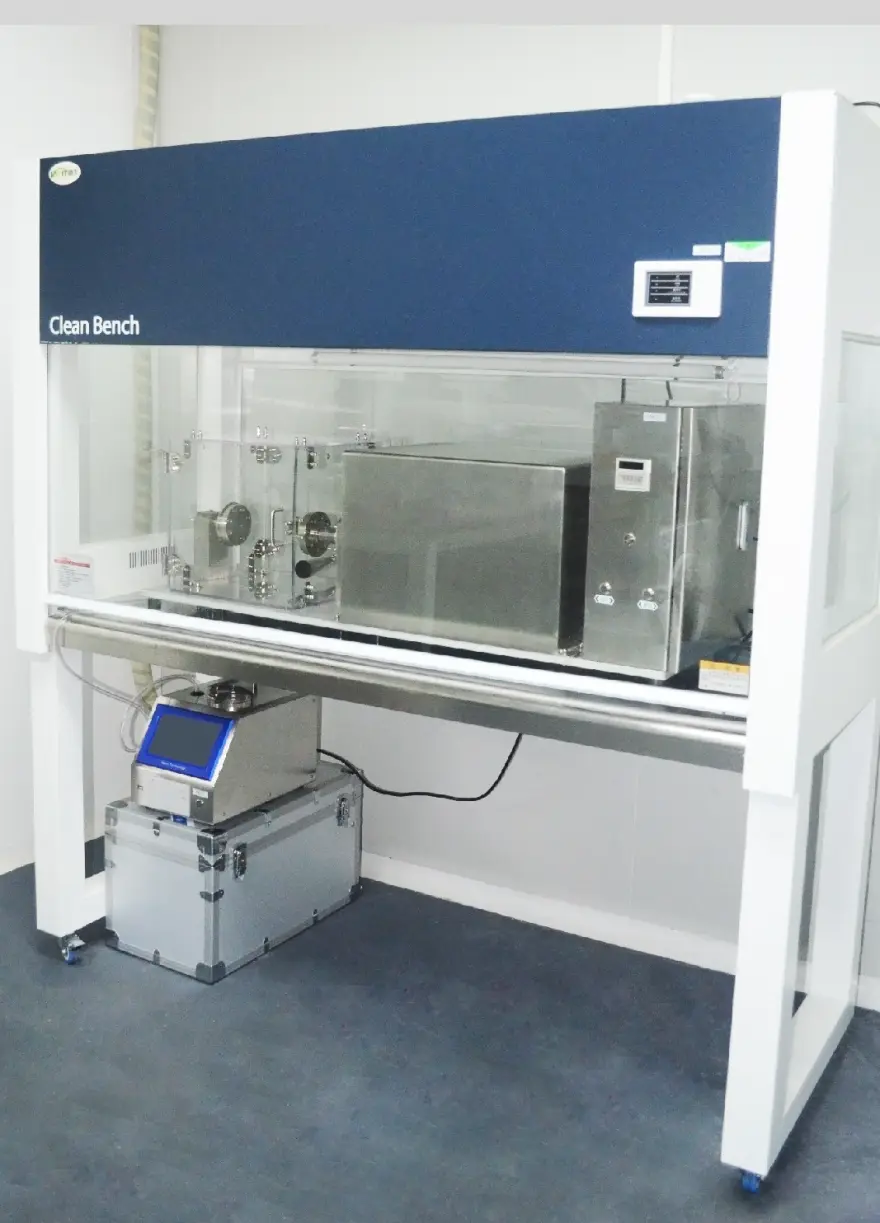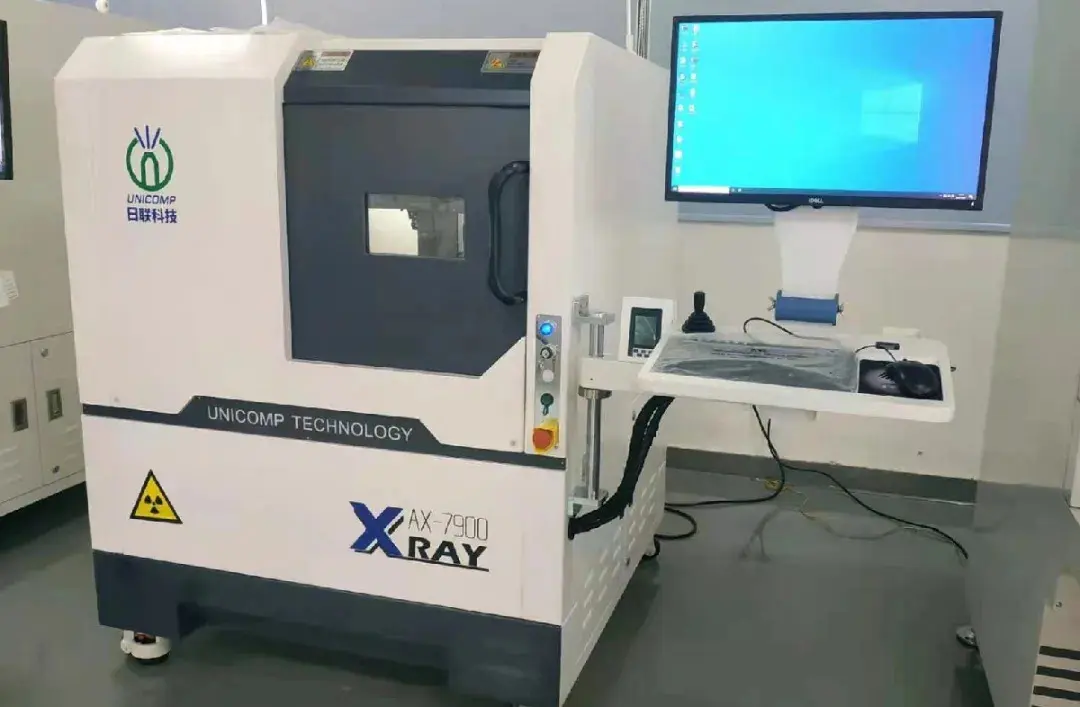
FCC Certification Process
Nearly all products that emit radio frequency energy must undergo testing and certification before entering the U.S. market. The Federal Communications Commission (FCC) is an independent agency of the U.S. government responsible for regulating radiation standards for electronic devices. The FCC ensures that the radio frequency devices entering the market do not emit radiation that could harm or interfere with the surrounding environment, people, or other equipment.
How to Get FCC Certification
As an accredited testing laboratory, JJR can test your electronic devices and help you obtain FCC certification. Since its establishment in 1998, we have 25 years of experience in FCC certification testing and have assisted thousands of businesses in obtaining FCC certification for their devices.
We have modern, well-equipped, and certified laboratories that enable us to provide a full range of tests related to your product and certification needs.
Which Products Require FCC Certification?
All RF (radio frequency) devices sold or distributed in the U.S. must be tested to ensure they comply with FCC standards. The testing limits both intentional and unintentional electromagnetic radiation emitted by RF devices to ensure user safety. Below are product categories that require FCC certification:
- Wireless Devices: Wi-Fi routers, Bluetooth devices, smartphones
- Electronic Devices: Computers, laptops, tablets, printers
- Telecommunications Devices: Phones, modems, fax machines
- RF Devices: Remote controls, garage door openers
- Digital Devices: Digital cameras, digital TV receivers
- Unintentional Radiators: LED lights, power supplies
- Industrial, Scientific, Medical (ISM) Devices: Microwaves, medical devices
- Personal Computers & Peripherals: Keyboards, mice, monitors
- ITE (Information Technology Equipment): Servers, data storage devices
- Consumer Electronics: TVs, DVD players, audio equipment
- Wireless Charging Devices: Wireless chargers
Products that emit radio frequency signals or could cause electromagnetic interference typically require FCC certification. Products are classified as either intentional or unintentional radiators:
- Intentional Radiators: Products that are designed to emit radio frequency energy during operation, such as smartphones.
- Unintentional Radiators: Products that emit radio signals as a byproduct of their operation, such as digital cameras.
What Are FCC Regulations?
The FCC primarily examines devices responsible for emitting RF energy and regulates them according to different rules. The FCC has established regulations for various types of testing and compliance for different devices. The main parts of the FCC regulations are:
- FCC Part 11: Emergency Alert System (EAS)
- fcc part 15: Radio Frequency Devices
- fcc part 18: Industrial, Scientific, and Medical Equipment
- FCC Part 22: Public Mobile Services
- FCC Part 24: Personal Communications Services
- FCC Part 68: Terminal Equipment and Telephone Network Connections
- FCC Part 73: Broadcast Services
- FCC Part 76: Cable Television Services
- FCC Part 80: Maritime Services
- FCC Part 90: Private Land Mobile Radio Services
- FCC Part 95: Personal Radio Services
- FCC Part 97: Amateur Radio Services
- FCC Part 101: Fixed Microwave Services
FCC Certification Process
Once your device is ready for mass production, the FCC authorization process begins. The device is tested to determine whether it causes interference to other devices and whether it operates within the correct radio frequency range. It is also tested for compliance with other telecommunications requirements. The FCC divides devices into two categories for testing:
- Class A Testing: Covers devices used in industrial, commercial, and engineering environments.
- Class B Testing: Covers consumer devices. The testing requirements for Class B devices are generally more stringent.
The FCC certification process typically follows these steps:
1. Select RF and Design the Device
Research and choose the appropriate radio frequency for your device and ensure that the design complies with FCC standards.
2. Testing During Development
During product development, you can have internal tests conducted by JJR's laboratory to avoid major issues in the later stages.
3. Register with the FCC
You need to obtain a free FCC Registration Number (FRN) before registering your device. JJR will help you obtain an FCC Grantee Code (company FCC code).
4. Submit Prototype and Technical Specifications
After receiving the FRN and Grantee Code, submit the prototype and its technical specifications to JJR for testing according to the required FCC standards.
5. Testing Report
JJR will prepare a test report that shows your device has passed the necessary FCC tests.
6. Documentation
Submit all required documents for FCC filing. The test report and other documents will be forwarded to the Telecommunications Certification Body (TCB), which will issue the authorization.
7. Certification and Filing
Following changes in 2015, FCC no longer accepts direct certification applications. Now, applications must be submitted through an accredited TCB. JJR has ISO 17065:2012 Tcb certification and is authorized by the FCC to accept certification applications. Once the TCB processes the application, JJR will send the device authorization, allowing you to legally market and sell your product in the U.S.
FCC Certification Test Materials
- fcc id Label
- FCC ID Label Location
- User Manual
- Schematic Diagram (Manufacturer)
- Block Diagram
- Theory of Operation
- Test Report
- External Photos
- Internal Photos
- Test Setup Photos
How Long Does FCC Certification Take?
The FCC certification process typically takes 8-12 weeks. However, many private companies are authorized to issue these certifications, which can speed up the process. JJR typically completes the certification in 3-5 weeks.
FCC Certification Costs
The cost of fcc testing services varies depending on the product category, equipment type, and the type of radio device. For example, testing for a single-channel radio and its transmission and reception signals may cost around $4,000. Testing for transmitters is about $2,500, while receiver testing costs about $1,000.
Email:hello@jjrlab.com
Write your message here and send it to us
 Packaging Validation ISO 11607 Test Report
Packaging Validation ISO 11607 Test Report
 What is the ISO 11607-1 Packaging Validation Test?
What is the ISO 11607-1 Packaging Validation Test?
 How to get an ISO 11737-1 Test Report?
How to get an ISO 11737-1 Test Report?
 Orthopedic Implant Cleanliness Testing
Orthopedic Implant Cleanliness Testing
 What is ISO 10993-23:2021 Irritation Testing?
What is ISO 10993-23:2021 Irritation Testing?
 ISO 10993-23 Irritation Testing Laboratory
ISO 10993-23 Irritation Testing Laboratory
 EMI Emissions Testing
EMI Emissions Testing
 EMC Standards for Medical Devices
EMC Standards for Medical Devices
Leave us a message
24-hour online customer service at any time to respond, so that you worry!




